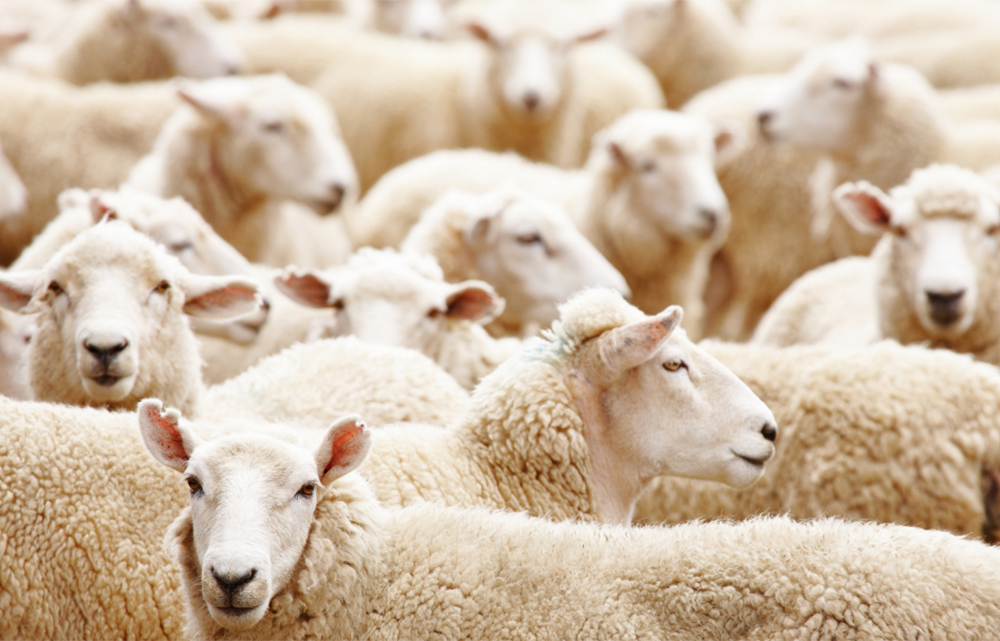The University of New England (UNE) will lead a ground-breaking research collaboration that will help the nation’s sheep graziers overcome an important barrier standing in the way of carbon neutrality, thanks to a $1.9 million grant from the Australian Government’s Methane Reduction in Livestock Program (MERiL).
The project, which is in partnership with the Department of Primary Industries and Regions, South Australia, the University of Western Australia, Feedworks and Australian Wool Innovation, will trial the use of automated feeders designed to deliver methane-reducing additives to sheep.
“One of the biggest problems the grazing sheep industry faces is a lack of equipment designed to regularly deliver anti-methanogenic supplements to animals on pasture without significantly increasing labour input,” says Professor Julius van der Werf, lead researcher and Head of UNE’s School of Environmental and Rural Science. “The automated feeders being tested in this study will help fill this gap.”
The feeders work by identifying individual animals using electronic ear tags and feeding them a pre-set amount of supplementary feed. This means graziers will no longer be required to manually monitor doses and feed grazing sheep supplements that contain the required feed additives, which will significantly reduce human labour input and cost.
Our scientists and technical experts are well known within Australia and internationally for this kind of work and this is an area we continue to expand our capacity on.
By making these feed additives more accessible to sheep graziers, the potential methane reduction will be staggering.
“The higher the uptake of this technology by sheep graziers, the higher the proportion of sheep nationally that are receiving the anti-methanogenic additives and hence the higher methane reduction,” says Professor van der Werf.
“For example, assuming supplementation with a seaweed derivative can lead to a reduction of enteric methane emissions in grazing sheep by 50 percent, so if 80 percent of sheep farmers in Australia invest in these feeders and use them, then we are likely to see a 40 percent national reduction in methane emission from sheep.
“So, the actual contribution of these feeders will be a combined function of the anti-methanogenic additives being used on them, the proportion of farmers adopting them and how consistently the farmers use them.”
This collaboration is one of several research projects currently being led by UNE to reduce methane emissions produced by livestock. Professor van der Werf said the MERiL grant solidifies UNE’s expertise and reputation in this area.
“UNE is leading this work and I think this is another demonstration of a comprehensive approach to have a real impact with introducing new technologies to reduce enteric methane emission from both cattle and sheep.
“Our scientists and technical experts are well known within Australia and internationally for this kind of work and this is an area we continue to expand our capacity on.”
Work on the project is set to get underway in the coming months, and will be conducted on UNE’s farms during the first year of the study.
You can read about the other projects that received Stage 3 Round 1 MERiL funding here.


